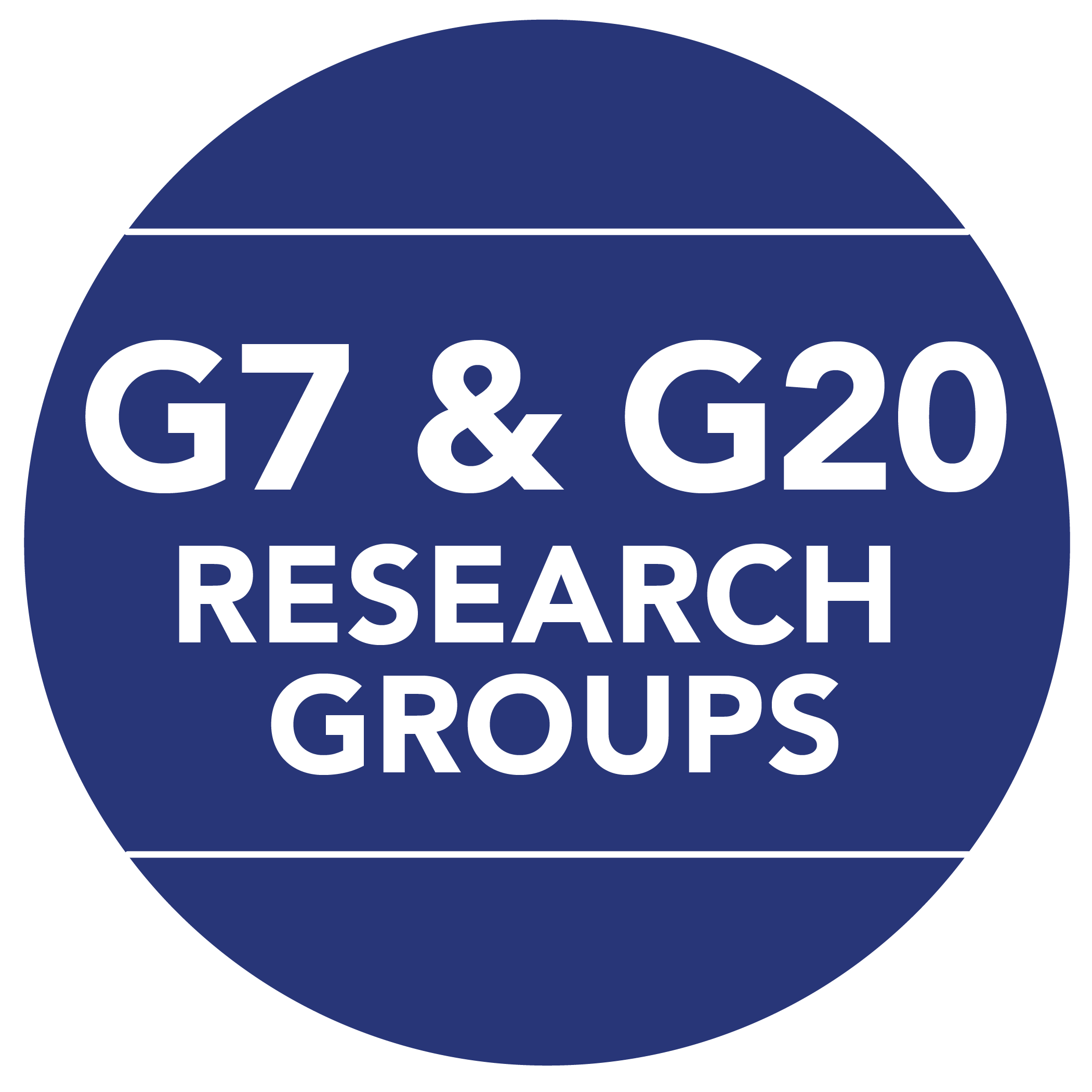

 |
 |
|
The G7's Merkel and Trudeau React to Trump
John Kirton, Director, G7 Research Group
November 12, 2016
The election of Donald Trump as the new president of the United States on November 8, 2016, has left all of his shocked new G7 colleagues suddenly confronting the challenge of devising a strategy about the best way to respond to the new man in their club. Their starting point and initial instincts were quickly seen in their public statements about the president-elect in the days immediately after the U.S. election result was known. At one end of the spectrum stands Germany's Angela Merkel, who faced Republican George W. Bush when she hosted the G7 summit in 2007, greeted Democrat Barack Obama when she did so again in 2015, and who will soon welcome incumbent President Donald Trump when she hosts, for the first time, the G20 summit in Hamburg on July 7-8, 2017. At the other end stands Canada's Justin Trudeau, who will meet Trump alongside Merkel at Trump's first G7 summit in Italy on May 26-27, 2017, and greet him at the first G7 summit Trudeau will host, in Canada in 2018. In their initial reaction to Trump's victory, the veteran Merkel came across yet again as a politically principled woman of the world. The less experienced Trudeau appeared merely as a compromising continental economic man.
Merkel publicly expressed her openness to working with Trump, but only insofar as he embraced the "values of democracy, freedom, respect of law and respect of people regardless of their origin, the color of their skin, their religion, gender, sexual orientation or their political beliefs." She thus conditioned her olive branch upon Trump's respect for the basic bedrock of democratic and human rights principles cherished by Germany, the United States, Canada and all G7 members. Her words directly affirmed the core distinctive foundational and enduring mission of the G7 club, created in 1975 to globally promote the values of open democracy, individual liberty and social advance.
Trudeau, in sharp contrast, declared that he looked forward to "working very closely" with Trump, and offered to re-negotiate the North American Free Trade Agreement, a core campaign promise of Trump, but one hitherto absent from Trudeau's political priority list. Many will understandably see Trudeau's response as an appropriately or even smart short-term tactic from the leader of a country with a vast border with the United States, with whom it trades a quarter of a trillion dollars in goods and services every year. But it clearly signalled that Trudeau would put the economy and the North American continent first, and start with an unconditional, compromising approach with with only a contextual reference to the values that all Canadians, including Trudeau himself, hold.
Yet these sharply contrasting signals come at the very start of a long game that will culminate when Merkel and Trudeau come together to meet Trump face to face in Europe at next summer's summit of the G7 and G20. By then Merkel and Trudeau may have found a way to have Trump accept their shared personal and political values, or core principles such as climate change control, gender equality, and welcoming migration, for the benefit of all.
|
This Information System is provided by the University of Toronto Library |
All contents copyright © 2025. University of Toronto unless otherwise stated. All rights reserved.